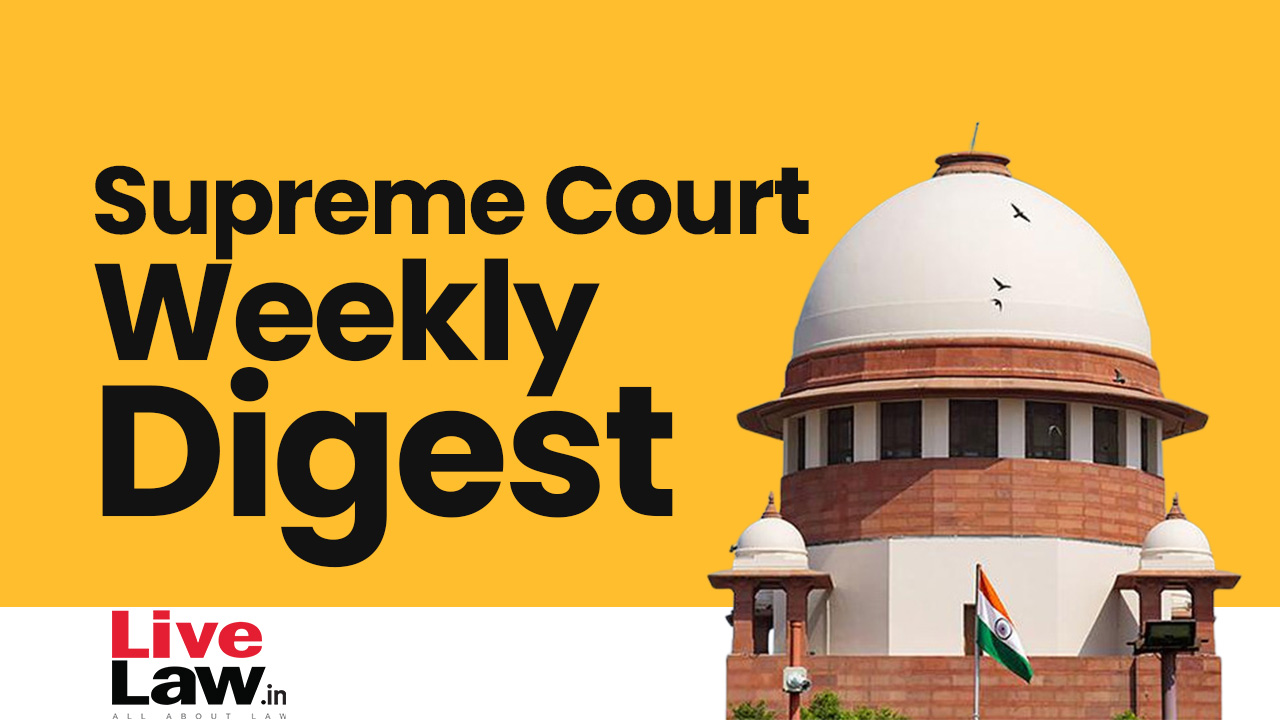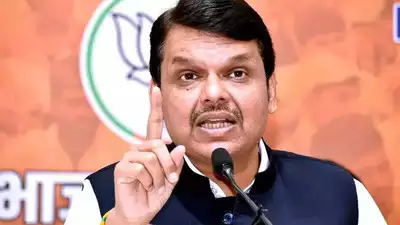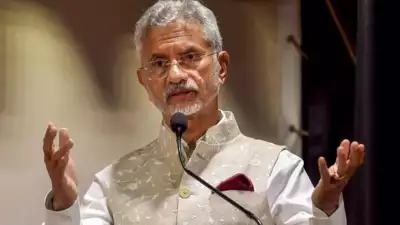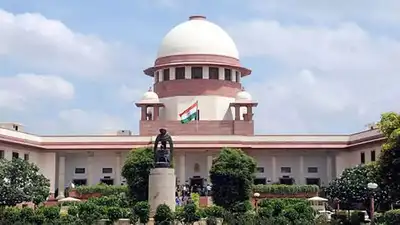NEW DELHI: After approving the appointment of retired judges to expedite criminal appeals in High Courts, the Supreme Court is now focusing on reducing the staggering backlog of 4.6 crore cases in the district judiciary.
Chief Justice of India (CJI) Sanjiv Khanna, along with senior judges Justices B R Gavai and Surya Kant, will hold a crucial meeting on Saturday with senior district judges from across the country to review the implementation of the 2024 Action Plan prepared by the National Court Management Systems Committee (NCMS).
Identifying Bottlenecks and Streamlining Processes
The first session, chaired by CJI Khanna and Justices A S Oka, B V Nagarathna, and Dipankar Datta, will focus on identifying bottlenecks in case disposal. Discussions will include:
- Enhancing the efficiency of Family and Special Courts
- Exploring the feasibility of Evening Courts
- Promoting Alternate Dispute Resolution (ADR) mechanisms for faster case resolution
Encouraging Data and Progress
Encouraging statistics from the National Judicial Data Grid show that of the 4.6 crore pending cases, 3.4 crore are less than a year old. Additionally, trial courts disposed of 43 lakh cases last month, significantly surpassing the institution of 25 lakh fresh cases.
Sessions to Strategize Key Reforms
- Technology Integration: The second session, led by Justice Gavai with Justices P S Narasimha and K V Viswanathan, will explore expanding virtual court operations and establishing more e-Sewa Kendras/Kiosks to facilitate e-filing.
- Optimizing Human Resources: The third session, chaired by Justice Surya Kant with Justices J K Maheshwari and S Dhulia, will focus on optimizing judicial resources, timely appointment of judges, empaneling competent public prosecutors, and enhancing the legal aid system.
- Career Development for Judicial Officers: The final session, involving the CJI and Justices Vikram Nath, M M Sundresh, and Bela Trivedi, will emphasize career progression, mentoring of trial judges by High Court judges, and the development of training programs aligned with evolving litigation dynamics.
The Supreme Court’s comprehensive approach highlights its commitment to transforming the judicial landscape and ensuring faster justice delivery for millions of litigants across India.




